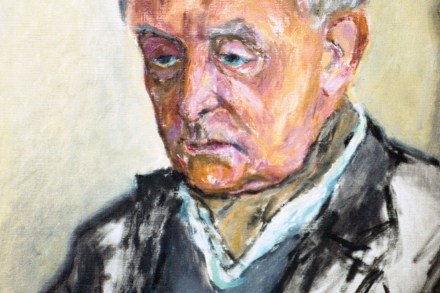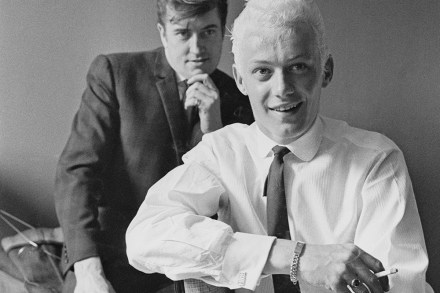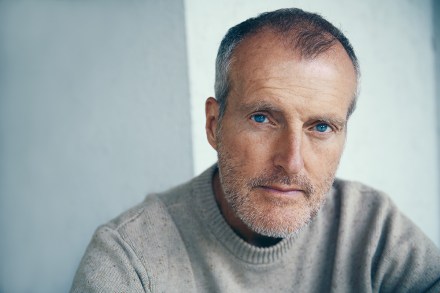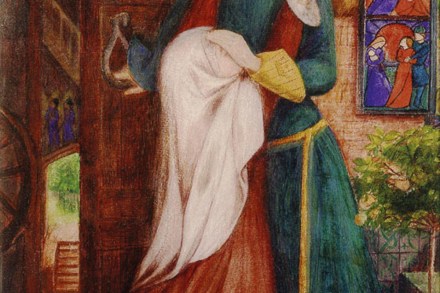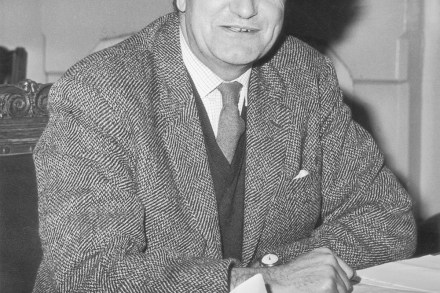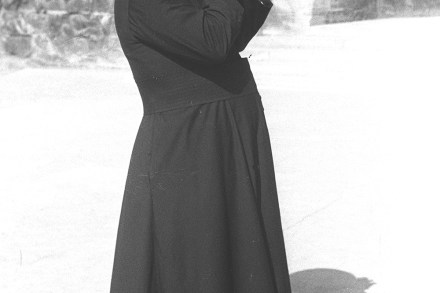The punishing life of a chief whip
More from BooksFor many Spectator readers, their only exposure to the workings of the Whips’ Office will be through the machinations of Francis Urquhart, Michael Dobbs’s fictional chief whip made famous in House of Cards. In the first diaries published by a former chief whip, Simon Hart aims to shine a light on the vital and often



